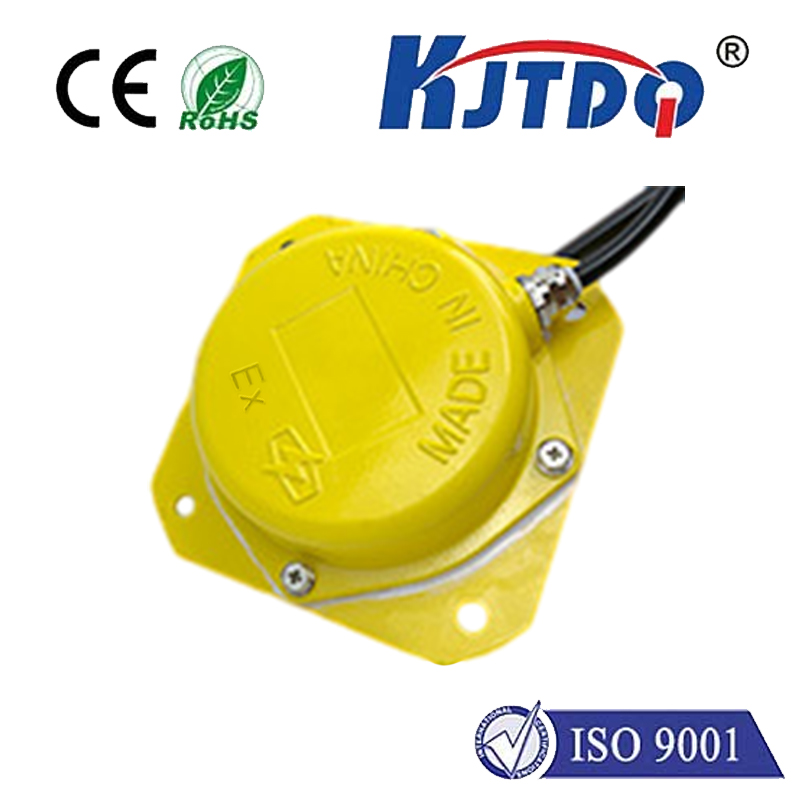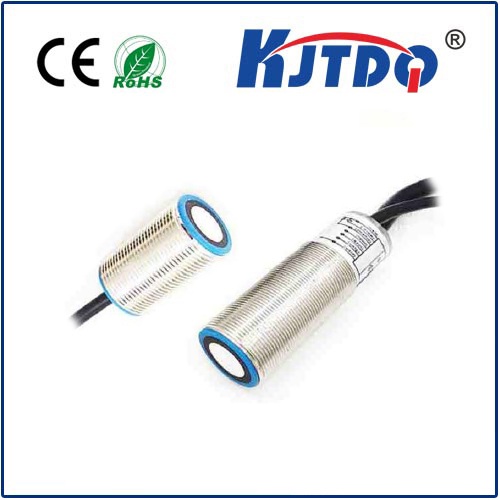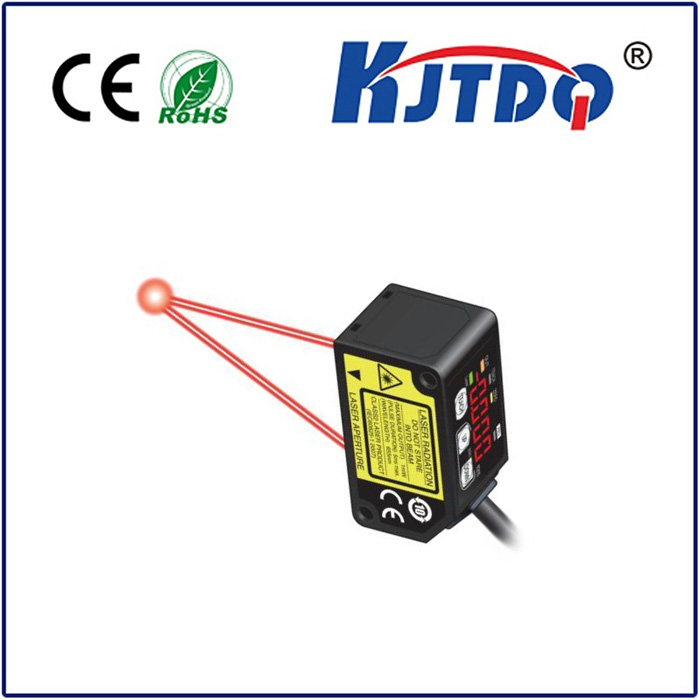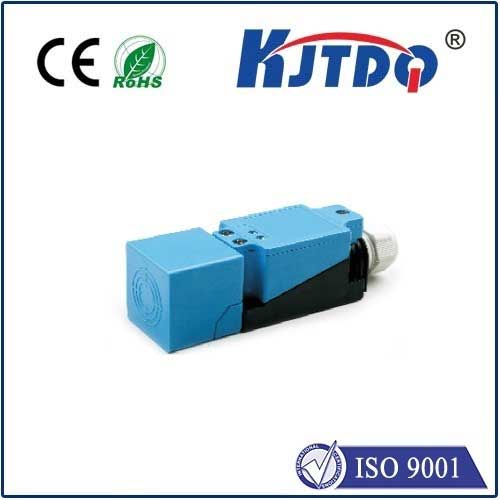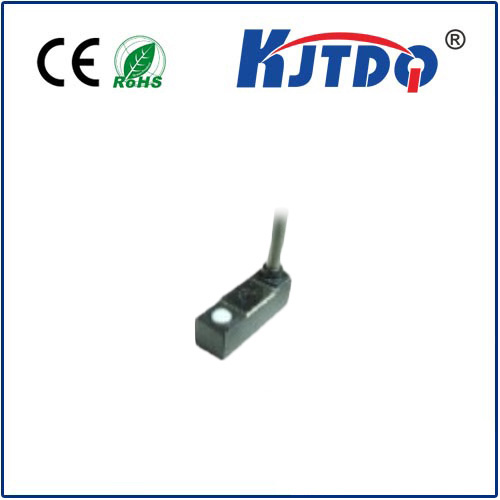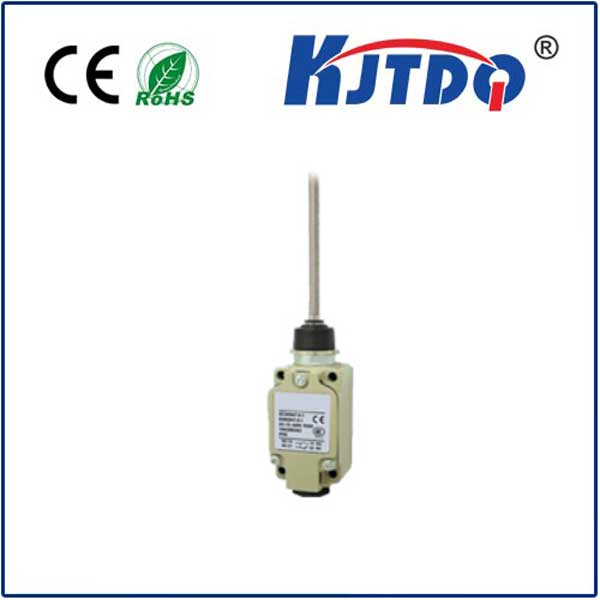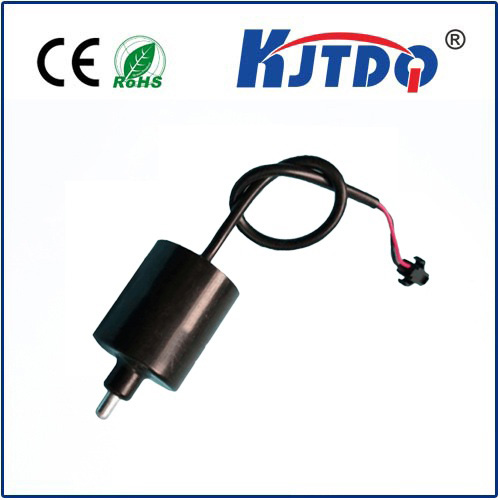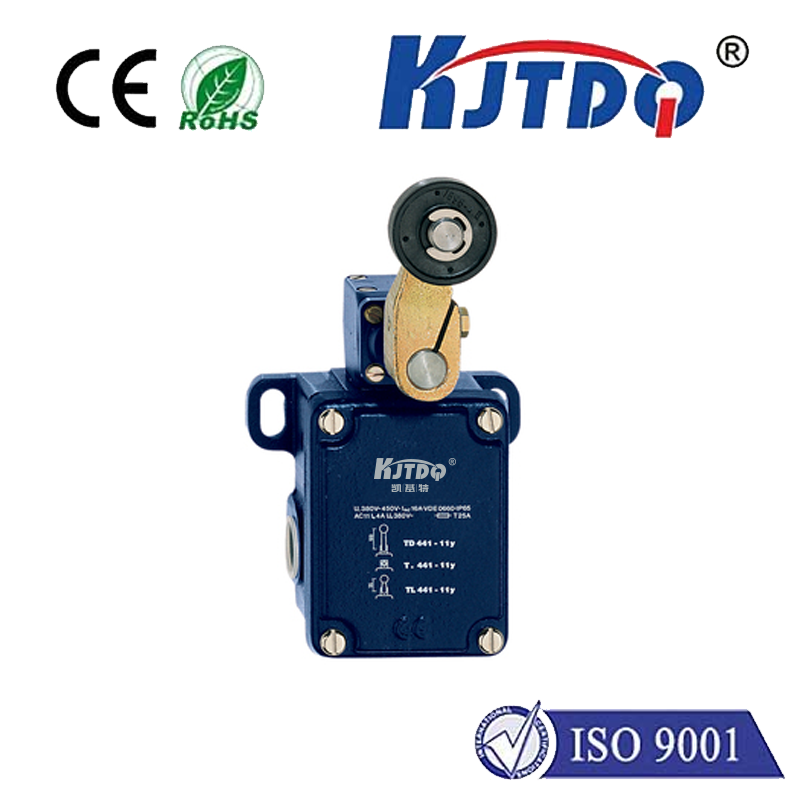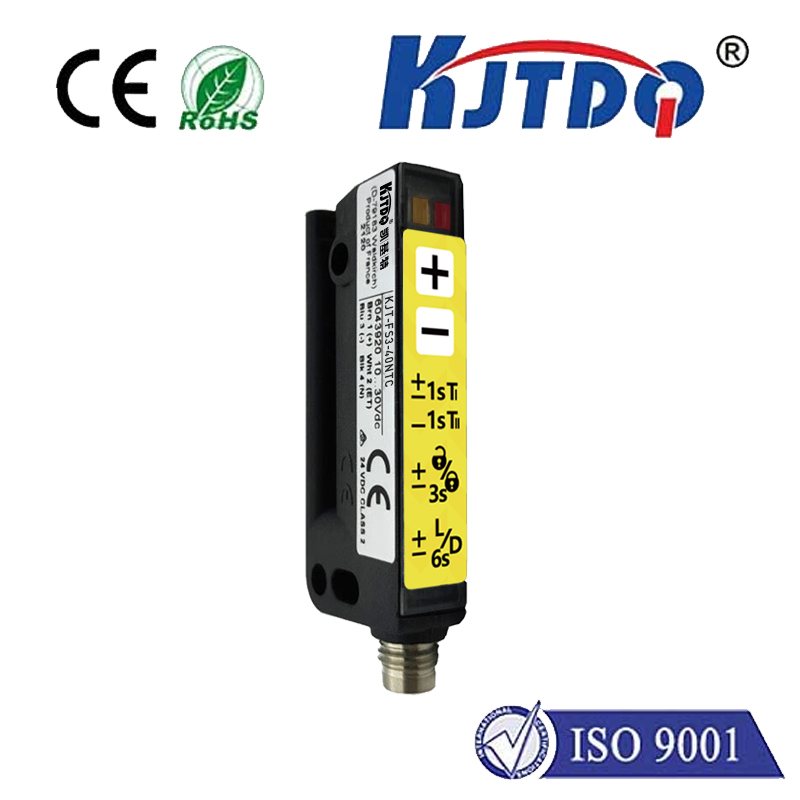laser power meter detector
- time:2025-03-19 01:17:19
- Click:0
The Ultimate Guide to Laser Power Meter Detectors: Precision, Performance, and Applications
In the world of laser technology, precision is paramount. Whether you’re a researcher, engineer, or hobbyist, understanding and measuring laser power accurately is essential. This is where laser power meter detectors come into play. These devices are indispensable tools for anyone working with lasers, offering reliable measurements that ensure safety, efficiency, and optimal performance. But what exactly are laser power meter detectors, and why are they so crucial? Let’s dive in.
What is a Laser Power Meter Detector?
A laser power meter detector is a specialized instrument designed to measure the power output of a laser beam. It consists of a sensor (detector) and a display unit that provides real-time readings. These devices are capable of measuring a wide range of laser powers, from milliwatts to kilowatts, depending on the model and application.
The detector works by absorbing the laser beam and converting its energy into an electrical signal. This signal is then processed and displayed as a power measurement. The accuracy and sensitivity of these detectors make them ideal for various industries, including medical, manufacturing, research, and telecommunications.
Why Are Laser Power Meter Detectors Important?
- Ensuring Safety: Lasers can be hazardous if not handled properly. Measuring their power output helps ensure that they operate within safe limits, protecting both users and equipment.
- Optimizing Performance: Accurate power measurements are critical for achieving desired results in applications like material processing, medical treatments, and scientific experiments.
- Quality Control: In manufacturing, consistent laser power is essential for maintaining product quality. Detectors help monitor and control this aspect effectively.
- Compliance with Standards: Many industries have strict regulations regarding laser power. Using a reliable detector ensures compliance with these standards.
Key Features to Look for in a Laser Power Meter Detector
When choosing a laser power meter detector, several factors should be considered to ensure it meets your specific needs:

- Measurement Range: Different detectors are designed for different power levels. Make sure the device you choose can handle the power range of your laser.
- Accuracy and Resolution: High accuracy and fine resolution are essential for precise measurements. Look for detectors with low uncertainty levels.
- Wavelength Compatibility: Lasers operate at various wavelengths. Ensure the detector is compatible with your laser’s wavelength range.
- Response Time: A fast response time is crucial for applications requiring real-time monitoring.
- Durability: Robust construction ensures the detector can withstand harsh environments and prolonged use.
- User Interface: An intuitive interface with clear displays and easy controls enhances usability.
Applications of Laser Power Meter Detectors
Laser power meter detectors are used in a wide range of industries and applications:
- Medical Field: In procedures like laser surgery and dermatology, precise power measurements are vital for patient safety and treatment effectiveness.
- Manufacturing: Lasers are used for cutting, welding, and engraving. Detectors help maintain consistency and quality in these processes.
- Research and Development: Scientists rely on accurate power measurements for experiments and innovation in laser technology.
- Telecommunications: Fiber optics and laser-based communication systems require precise power control for optimal performance.
- Entertainment: Laser shows and displays use detectors to ensure safe and visually stunning performances.
How to Use a Laser Power Meter Detector
Using a laser power meter detector is straightforward, but following best practices ensures accurate results:
- Calibration: Regularly calibrate the detector to maintain its accuracy.
- Positioning: Place the detector correctly in the laser beam’s path to ensure accurate readings.
- Environment: Avoid exposing the detector to extreme temperatures or humidity, as these can affect its performance.
- Maintenance: Clean the sensor surface regularly to prevent dust or debris from interfering with measurements.
Choosing the Right Laser Power Meter Detector for Your Needs
With so many options available, selecting the right detector can be challenging. Here are some tips to guide you:
- Identify Your Requirements: Determine the power range, wavelength, and accuracy you need for your application.
- Research Brands and Models: Look for reputable brands with positive reviews and reliable customer support.
- Consider Budget: While it’s tempting to go for the cheapest option, investing in a high-quality detector pays off in the long run.
- Consult Experts: If you’re unsure, seek advice from professionals or suppliers who specialize in laser equipment.
The Future of Laser Power Meter Detectors
As laser technology continues to evolve, so do laser power meter detectors. Advances in sensor technology, data processing, and connectivity are making these devices more accurate, versatile, and user-friendly. Features like wireless connectivity, cloud integration, and AI-powered analysis are becoming increasingly common, paving the way for smarter and more efficient laser applications.
In conclusion, laser power meter detectors are indispensable tools for anyone working with lasers. By understanding their features, applications, and best practices, you can make informed decisions that enhance safety, performance, and efficiency in your laser-related endeavors. Whether you’re a seasoned professional or a curious beginner, investing in the right detector is a step toward mastering the power of lasers.





